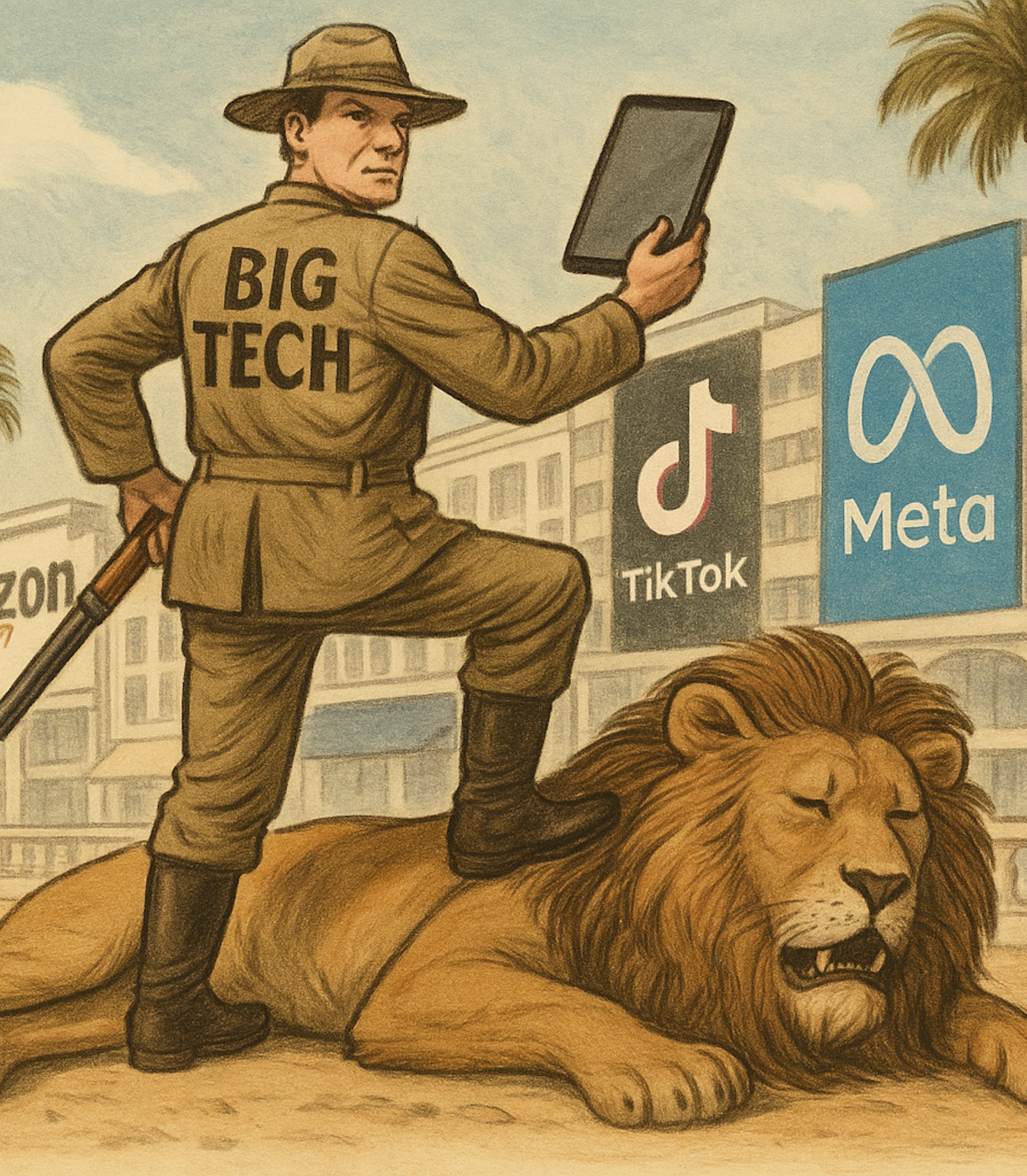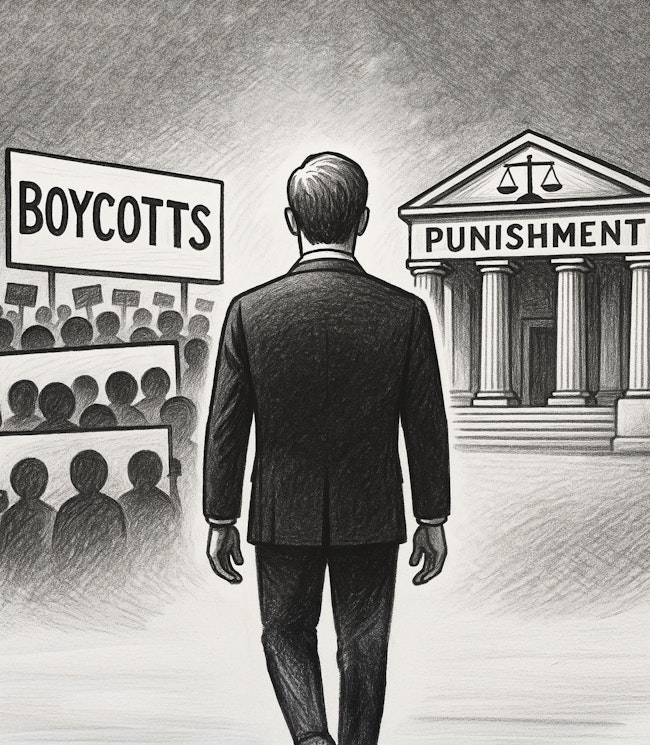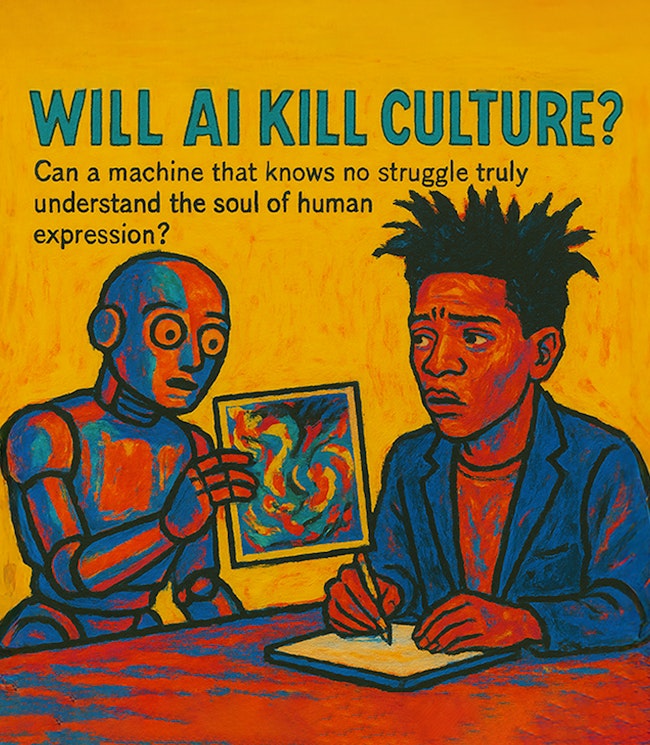
words by
Joe Anthony
July 11, 2025
culture hack
Is Big Tech Killing Cannes?
Once a celebration of boundary-pushing creativity, the Cannes Lions International Festival of Creativity is starting to look less like a mecca for marketers and more like a tech conference in disguise. What began as an homage to the boldest ideas in advertising has been slowly overtaken by the silicon suits and SaaS sales teams of Big Tech.
Make no mistake—technology belongs at Cannes. Innovation has always played a role in marketing. But the current shift is deeper than a new ad format or data dashboard. It’s a cultural takeover. The Croisette, once dominated by film directors, copywriters, and bold brand storytellers, is now home to keynote stages filled with platform partners, analytics evangelists, and AI demos. Creativity used to be the star. Now, it’s a sideshow between panels hosted by Google Cloud, Amazon Ads, and Meta’s machine-learning leads.
The winners at Cannes may still be ad campaigns, but the deals being cut—and the influence being wielded—are tech-first. That’s not inherently bad, but it’s changing the tone of the festival. Where creatives once came to share their most daring work and learn from the world’s best storytellers, they now find themselves navigating through branded activations about data stacks and retail media networks. The language has changed. “Impressions” no longer refer to how a campaign made someone feel—they refer to a CPM.
And with Big Tech's rising dominance comes a quiet irony: the same platforms that have largely contributed to the commodification of creative work are now positioning themselves as its future gatekeepers. The very companies that turned attention into a bidding war now want a seat at the table of creativity, branding themselves as champions of storytelling—so long as that story can be tracked, measured, and monetized in real-time.
This shift doesn’t just affect the vibe of Cannes—it alters the stakes of the industry itself. When the measure of success is engagement metrics and machine-optimized performance, the room for risk-taking and originality shrinks. Agencies and brands begin to speak the language of algorithms, not audiences. The promise of Cannes—to elevate ideas that move culture—is at risk of being drowned out by panels that move ad spend.
Yes, tech has unlocked incredible possibilities for marketers. And yes, some of the most creative work today lives in formats enabled by these platforms. But the industry has to ask itself: are we still celebrating creativity, or just efficiency in a tuxedo?
Cannes was never meant to be CES with rosé. It was meant to champion work that challenged, delighted, provoked, and inspired. If the festival becomes just another stop on Big Tech’s conference circuit, we lose something vital—not just as marketers, but as cultural creators.
So the next time we toast to a Grand Prix, let’s ask: are we raising a glass to bold ideas—or to the platforms that made them clickable?





















